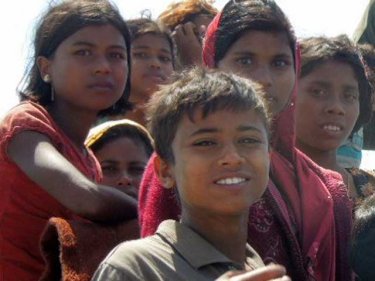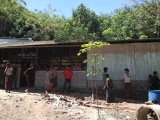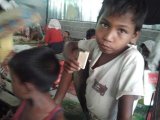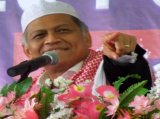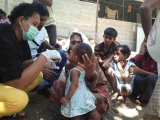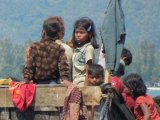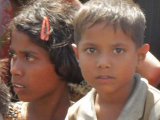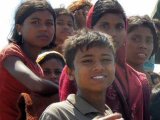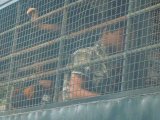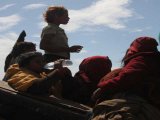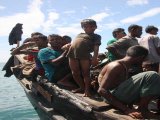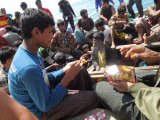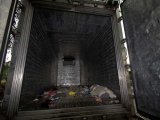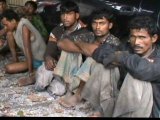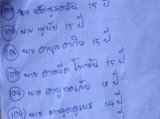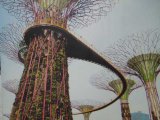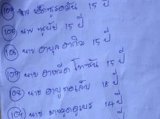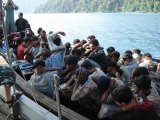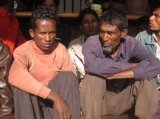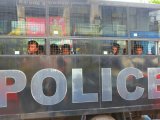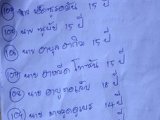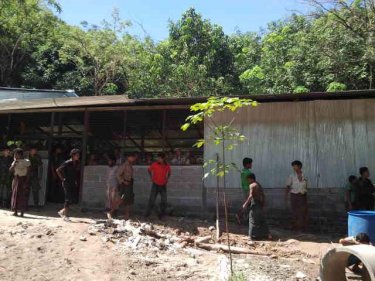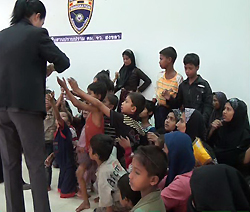Livelihoods and Community: Sustainable Solutions for the Forgotten Rohingyas and Host Communities in Mae Sot
Rohingyas and other vulnerable Myanmar
Muslim communities are living in a de facto refugee and protracted
displacement situation. In line with the European Union’s Aid to
Uprooted People (AUP) programme objectives, the proposed actions will
help vulnerable Rohinyas, other marginalised Myanmar Muslims and Thai
persons, through community development, education and skills
acquirement, to build sustainable livelihoods with a view to the local
integration or potential repatriation of Rohingya and Myanmar Muslim
populations currently living in Thailand.
The overall objectives of this action
are two-fold: firstly, to promote livelihood opportunities and the
socio-economic self-reliance of vulnerable Rohingya, Myanmar Muslim and
disadvantaged Thais in communities in Tak province; and secondly, to
strengthen and facilitate the relationships, understanding and
cooperation between vulnerable Rohingya, other marginalised Myanmar
Muslims, Thai communities, NGOs, CBOs, and other relevant stakeholders.
In these regards the action will relate to livelihoods, education and
community development.
Key Objectives
The proposed action intends to:
- Provide vocational training to vulnerable Rohingya, Myanmar Muslim and Thai youth (15-25) in community leadership and humanitarian skills training;
- Provide vocational training to a further vulnerable Rohingya, Myanmar Muslim and Thai women in income-generation skills including sewing and general financial mathematics/accounting skills;
- Promote the importance of education within households and communities;
- Establish a “Household Support Fund” (HSF) to help to relieve some of the financial burden associated with child education;
- Contribute to community development, participation and integration through the establishment of a joint Rohingya, Myanmar Muslim and Thai, Local Community Youth Council (LCYC) which will encourage positive community cohesion and facilitate various community events.
Alongside all of these actions will be
an effort to raise awareness among beneficiaries and stakeholders of the
project activities and the issues facing vulnerable and displaced
Rohingya, Myanmar Muslim and Thai persons.
Details
Time-frame: The action will take place over a period of 24 months, beginning 15 January 2013 and end 14 January 2015.
Location: Mae Sot, Tak Province, Thailand
Donors
This project is co-financed by the
European Union (EU), Aid to Uprooted People in Thailand (AUP) programme
and the Australian Department of Immigration and Citizenship (DIAC).


Contact
For further details, please contact:
Ms. Claudia Natali
Labour Migration Programme Manager
IOM Thailand
Tel: +66 2343 9354
Labour Migration Programme Manager
IOM Thailand
Tel: +66 2343 9354





